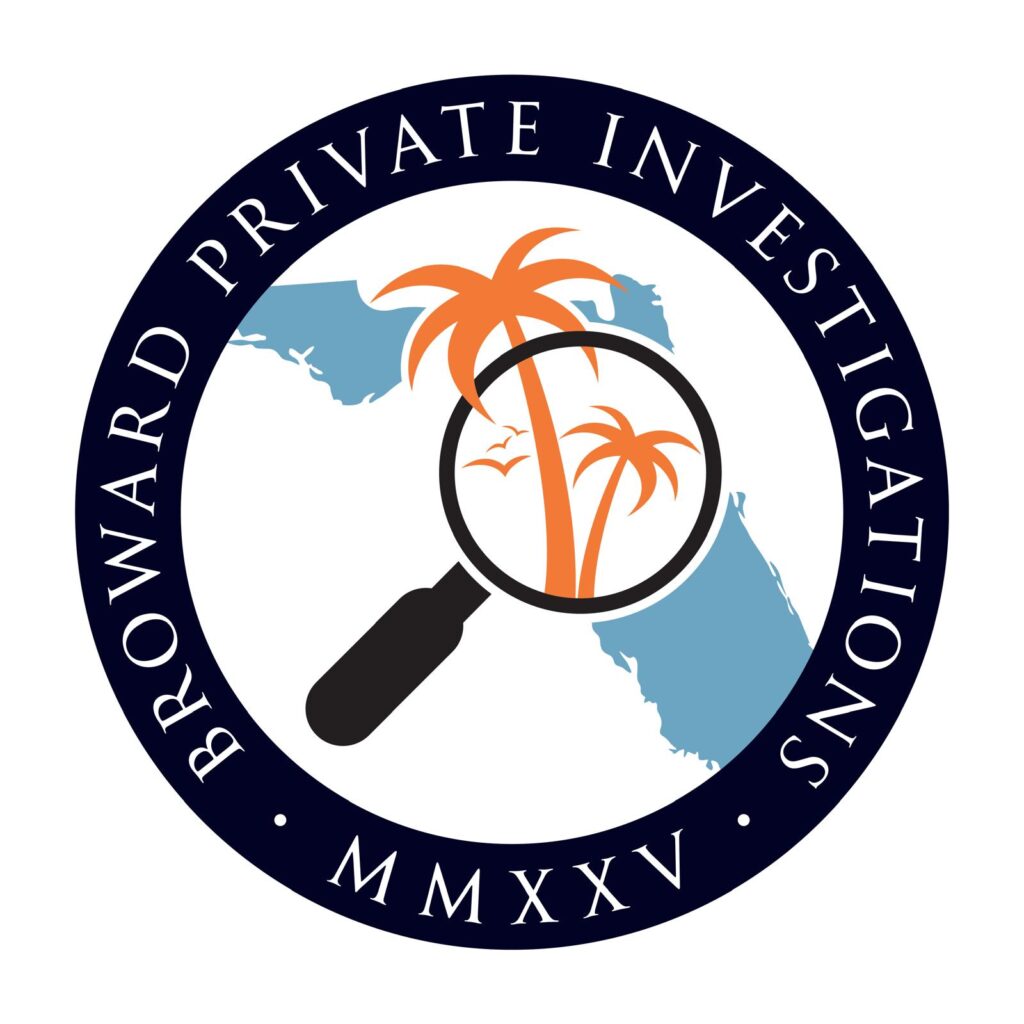Miami Private Investigators: Expert Surveillance & Investigations
Miami Private Investigators provide discreet, professional investigative services, including surveillance, background checks, fraud detection, and infidelity investigations.
With deep local expertise and cutting-edge technology, they uncover the truth efficiently and confidentially. Whether for personal or legal matters, trust Miami’s top investigators to deliver reliable results.

Fraud and Investigations: Safeguarding Integrity in a Complex World
In an increasingly interconnected global economy, the threat of fraud looms large for individuals, businesses, and governments alike. Fraud—deliberate deception to secure unfair or unlawful gain—can take many forms, from financial statement manipulation to cybercrime and identity theft. As such threats evolve in scale and sophistication, the field of fraud investigations plays a pivotal role in safeguarding transparency, trust, and accountability.
Understanding Fraud
Fraud is not a one-size-fits-all crime. It spans various sectors and industries, including banking, insurance, healthcare, retail, and public administration. Common types of fraud include:
Financial fraud: Such as embezzlement, Ponzi schemes, and securities fraud.
Cyber fraud: Involving phishing scams, data breaches, and ransomware attacks.
Identity theft: Where criminals use stolen personal information for financial gain.
Procurement fraud: Involving kickbacks, bid rigging, or false invoicing in supply chains.
The impact of fraud can be severe—resulting in financial losses, legal consequences, reputational damage, and erosion of stakeholder confidence.
The Role of Fraud Investigations
Fraud investigations are systematic processes carried out to uncover and address fraudulent activities. Whether initiated internally by a company or externally by law enforcement or forensic experts, investigations are crucial for:
Identifying perpetrators
Gathering and preserving evidence
Ensuring compliance with laws and regulations
Preventing future incidents
Investigations often begin with the detection of red flags—anomalies in financial records, whistleblower reports, or abnormal employee behavior. Investigators then analyze documents, conduct interviews, and use forensic tools to trace the flow of money or data.
Tools and Techniques in Modern Investigations
Advancements in technology have transformed how fraud is investigated. Some of the leading tools and methodologies include:
Digital forensics: Recovering data from electronic devices to identify tampering or breaches.
Data analytics: Using AI and machine learning to detect suspicious patterns or transactions.
Surveillance and monitoring: Including video analysis and cyber surveillance.
Audit trails and forensic accounting: Reviewing financial records for inconsistencies and hidden transactions.
Skilled investigators must blend technical proficiency with legal knowledge, communication skills, and ethical judgment.
Legal and Regulatory Framework
Investigations must align with legal standards to ensure admissibility of evidence and due process. Regulatory bodies like the SEC, FCA, and local anti-fraud units often collaborate with private entities to enforce laws and prosecute offenders. Additionally, frameworks like the Sarbanes-Oxley Act and the GDPR shape how organizations handle fraud-related data and internal controls.
Preventing Fraud: Proactive Measures
While investigations are reactive by nature, organizations are increasingly investing in fraud prevention strategies. These include:
Internal controls and compliance programs
Whistleblower protection systems
Regular audits and risk assessments
Staff training and ethical guidelines
Creating a culture of integrity and transparency is the best defense against fraudulent behavior.
Conclusion
Fraud and investigations are intricately linked facets of modern governance and business practice. As fraudsters become more innovative, so must the tools and vigilance of those tasked with uncovering deceit. By investing in investigative capabilities and fostering a culture of ethics, institutions can better navigate today’s complex risk landscape and build resilience for the future.
